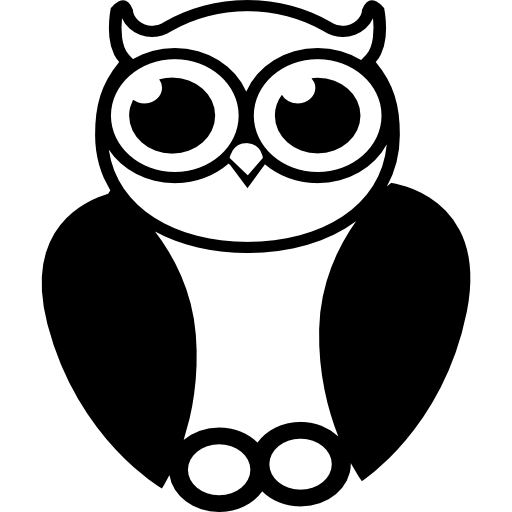Idiomatic Phrases for Money
If you really wanted a single word, you can use the idiomatic phrase "big money": I have big money. Or the dominantly British "good money": I have good money.
Determiners
Are determiners? A determiner is a word placed in front of a noun to specify quantity (e.g., "one dog," "many dogs") or to clarify what the noun refers to (e.g., "my dog," "that dog," "the dog"). All determiners can be classified as one of the following: An Article (a/an, the)
Difference Between Much and Many
What is the different between much and many? Much is used to describe mass nouns or noncount nouns like juice, rice, patience, and happiness. Many is used to describe count nouns or nouns that can be counted like books, ideas, leaves, and shoes. When using many, the noun will always be plural.
Difference Between Much, Many, and A Lot
What is the difference between much many and a lot? A lot of/lots of are used with both plural count nouns and non-count nouns. They are usually used with affirmative sentences. Much and many are normally used in negative sentences or questions. Much is used with non-count nouns and many is used with plural count nouns.
Part of Speech for Much and Many
Di conseguenza,, what part of speech is much and many? “Many” is an adjective. “Much” and “more” can be adverbs or adjectives.
Usage of "Many"
Where do we use many in a sentence? We use many to refer to a large number of something countable. We most commonly use it in questions and in negative sentences: Were there many children at the party? I don’t have many relatives.
Correct Usage of "Too Many" and "Too Much"
Inoltre,, which is correct too many or to many? We use ""too much"" with countable nouns. We use ""too many"" with uncountable nouns. ""Too much"" and ""too many"" are usually used for negative things.
